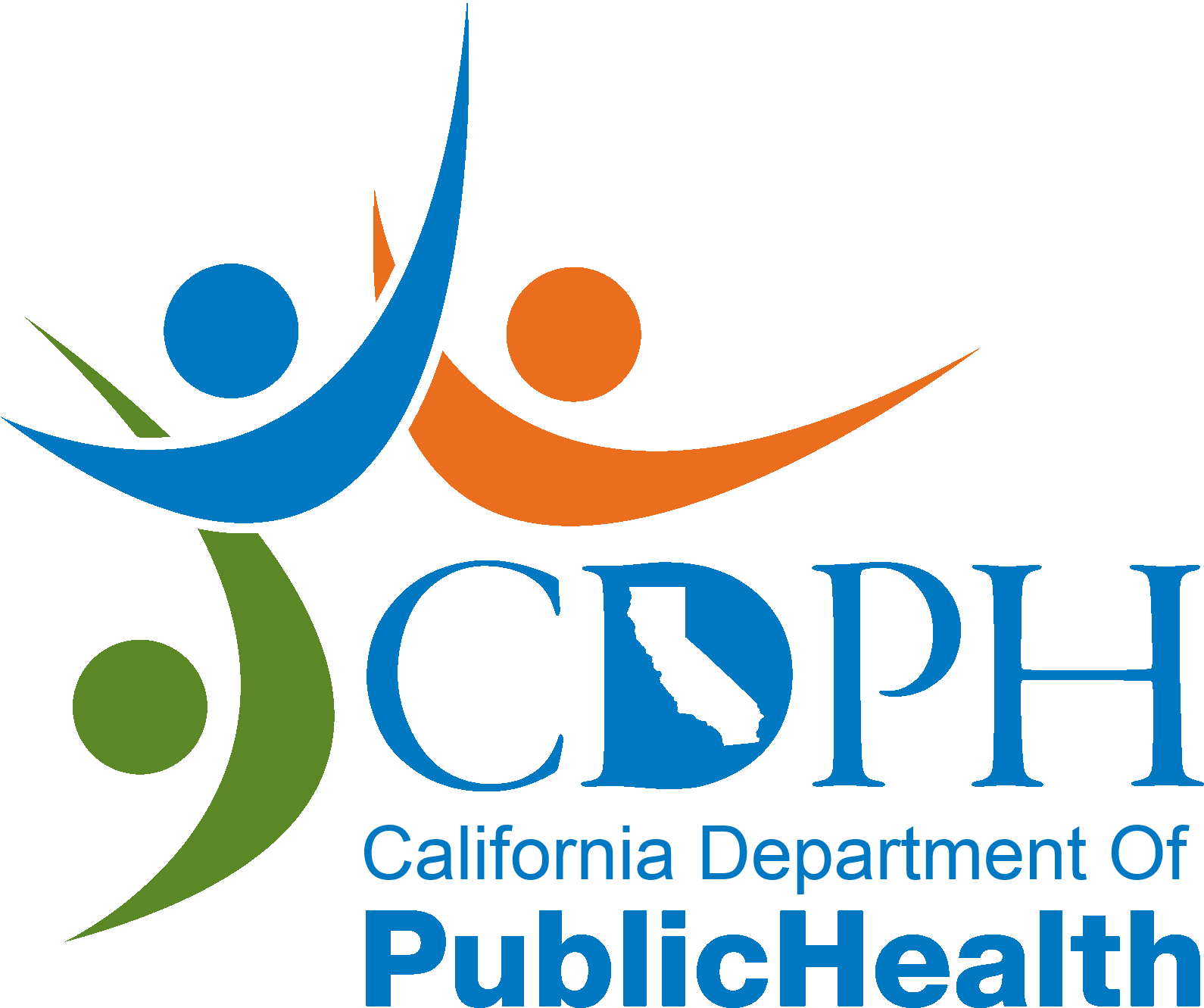Many things need to be considered when choosing the most appropriate contraceptive (birth control) method. These include safety, effectiveness, accessibility, and affordability. There are many contraceptives for preventing pregnancy, but it is important to remember that none of them can prevent pregnancy 100% of the time. There is no such thing as SAFE SEX, but birth control makes sex SAFER.
Let’s take a look at some of the most commonly used forms of birth control and their effectiveness in preventing pregnancy as determined by the CDC (Centers for Disease Control and Prevention) based on typical use. Some of these results may surprise you!
The Withdrawal Method. The withdrawal method (or the Pull-Out Method) is only 78% effective at preventing pregnancy. This means that 22 out of 100 women will get pregnant when using this method.
Condoms. Condoms prevent pregnancy 82% of the time, meaning 18 in 100 women will get pregnant even when using a condom.
The Pill. The pill is 91% effective at preventing pregnancy when taken correctly. This means that 9 in 100 women will become pregnant while taking the pill as prescribed.
The Shot. The Shot (Depo Provera) prevents pregnancy 94% of the time, meaning 6 out of 100 women will still get pregnant when using this form of birth control.
The Implant. The Implant is 99% effective at preventing pregnancy. Although this percentage is very high, it is still not 100% because 1 out of 100 women will become pregnant.
An IUD. An IUD (Intrauterine Device) is 99% effective at preventing pregnancy. Just like with the Implant, an IUD is still not 100% because 1 out of 100 women will become pregnant.
The Morning After Pill. The Morning After Pill (or plan B) is intended for backup emergency contraception only, not as a primary method of birth control. Women can take the morning after pill up to 5 days after unprotected sex, but the sooner the pill is taken, the better it will work. The Morning After Pill prevents pregnancy 59-94% of the time. Many factors determine its effectiveness, and it is not a reliable form of birth control.
There are many other forms of birth control. It is important to talk with your doctor and take time to learn about all of them. Although hormonal contraceptives and IUDs prevent pregnancy at varying percentages, they do not protect against STIs and STDs, including HIV. The only two contraceptives that offer protection from some STIs and STDs are male condoms and female condoms.
The key takeaway is for you to know that none of the above-mentioned forms of birth control are 100% effective in preventing pregnancy, so you are always at risk of getting pregnant when you are sexually active.
Options Health is a safe place where you can confidentially come and discuss sexual health, pregnancy, and relationship issues with one of our patient advocates. Feel free to contact us today to take advantage of our free services, including pregnancy testing, ultrasound, pregnancy options consultation, STD testing, and abortion aftercare. Call us or text us to schedule an appointment. We are here for you and ready to listen!
Source: cdc.gov



